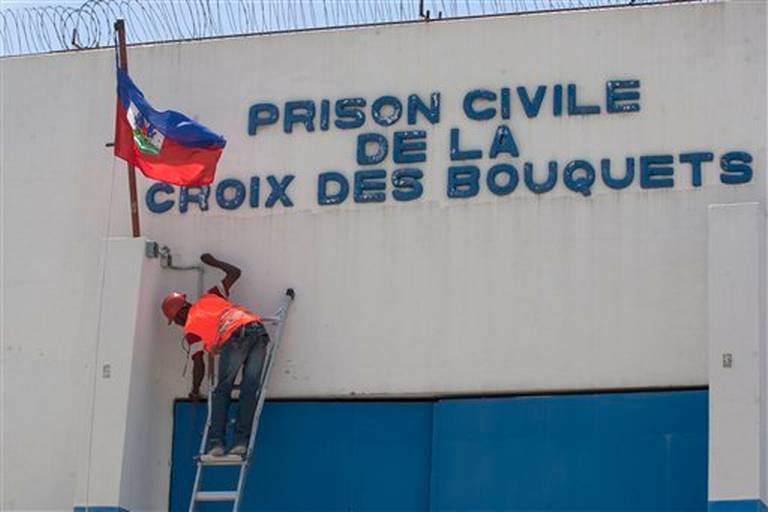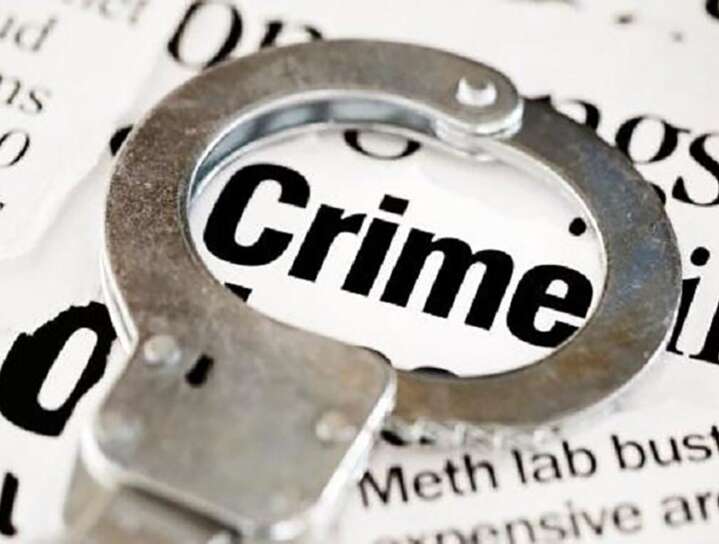Haitian President Jovenel Moïse has granted executive clemency to 415 prisoners, including at least 15 hardened criminals who human rights advocates say should not be walking free.
The list of beneficiaries includes a convicted felon sentenced to five years for an armed attack in the northern town of Grande-Rivière-du-Nord, a prisoner serving 12 years for rape, and a father awaiting trial on accusations that he hacked his young son to death with a machete in 2018 in the Central Haiti town of Mirebalais and threw the boy’s remains in a latrine.
“If someone hasn’t yet been convicted, they cannot be pardoned,” said Renan Hédouville, the government’s chief ombudsman who runs the Office for the Protection of Citizens. “There is a flagrant irregularity going on in regard to the criminal code in Haiti.”
The presidential pardons were issued by executive order on June 19 and published in the country’s official gazette, Le Moniteur. They came to light this week and caught Hédouville, human rights organizations and the international community by surprise, especially since they were being tied to an ongoing push to release prisoners from Haiti’s overcrowded prisons in the wake of the rapidly spreading COVID-19 pandemic.
Not only were they not consulted on the list, but human rights groups and representatives of the international community said the troubling pardons have nothing to do with their push to release a select group of prisoners — those on prolonged pretrial detention who are elderly, have underlying health problems or are accused of committing minor offenses — to slow the spread of the virus in Haiti’s jails.
Several months ago, the United Nations Integrated Office in Haiti, known by its French acronym BINUH, along with the U.S. began advising the government on establishing a committee on detention composed of government and justice officials, Hédouville’s office and human rights advocates.
Guidelines were eventually approved by the minister of justice and public security. Based on six eligibility criteria, certain detainees were tapped for release following a special hearing on their case.
In a report to the U.N. Security Council last month, the Haiti office said of those identified, only 750 detainees had been released from the Haitian prison system. The number, the report noted, fell far short of an estimated 5,000 releases that are necessary to allow prisons and detention centers in Haiti to better manage the impact of the coronavirus and avert a humanitarian disaster.
“Although BINUH welcomed the decision of the ministry of justice and public security to set up a special committee for the examination of detainees eligible for the presidential pardon, it did not participate in the work of this committee and was not involved in the preparation of the list approved by decree on June 19,” U.N. Haiti office spokeswoman Beatrice Nibogora said Wednesday.
“This initiative exclusively concerns sentenced prisoners and therefore constitutes a separate and different question from the situation of individuals in prolonged pretrial detention,” she added.
The Haitian Bar Federation also said in a statement that its participation in meetings on the plan to relieve prison congestion as a result of the COVID-19 pandemic “was not intended to prepare a list of convicts for presidential pardons.”
It added that despite the urgency for such detainees to be released due to a rising number of COVID-19 infections in the country, “no list has been communicated and no hearing has been scheduled.”
Hédouville, the government ombudsman, said he does not know how many of the 415 prisoners have actually been released. His office is also still combing through the case files to identify others who should not benefit from any presidential pardon.





WTF